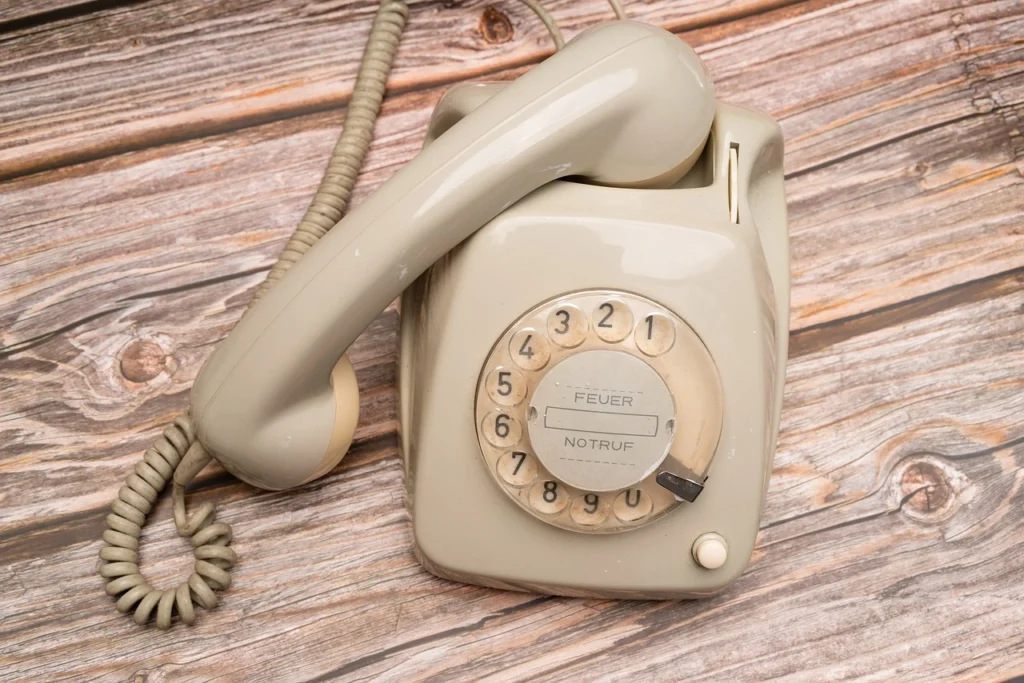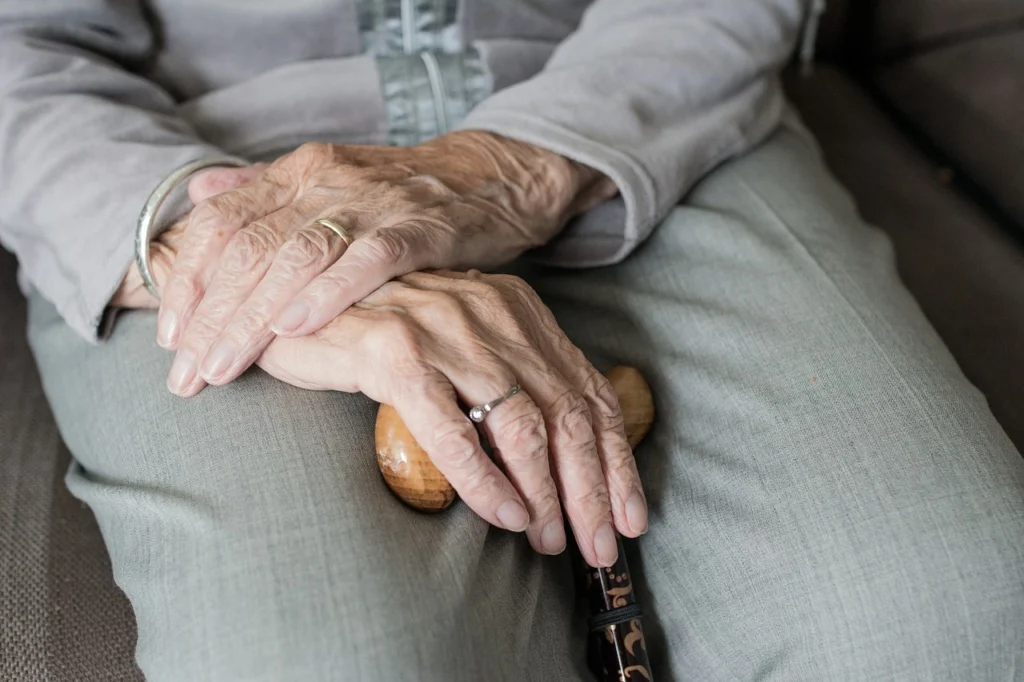In the race to cram AI into every nook and cranny of customer service, has anyone else noticed how those of us in rural areas—or the elderly who aren’t, and don’t want to be, online—are being quietly sidelined? I live in a rural hamlet, am registered disabled, and am surrounded by elderly neighbors, so this issue is quite literally close to home.
Let’s start with EE, the supposed beacon of “excellent customer service.” Excellent? Don’t make me laugh. From my upstairs windows, I can see their mast, but can I get a signal? Nope. Their coverage checker smugly insists I’m bathed in glorious connectivity, but no one in our hamlet or the surrounding area can make a regular call. We rely on Wi-Fi calling, which works most of the time—until it doesn’t.
When it fails (which it did six times in September alone), I have to embark on an epic quest to fix it. First, I jump in my car, drive a mile up the road, and park in a random field where I can scrape together enough signal to call EE. Cue the disembodied automated voice promising that their service is so good a human will call me back in 15 minutes. So there I sit, in my car, with the temperature plummeting, waiting for salvation.


When the human finally calls, they ask me to perform a series of mystical troubleshooting steps with my phone and router. I politely explain that I am sitting in a car in a field, not at home because I have no signal connection. Their response? “Oh, that’s fine! We’ll call you when you’re home.” Do they not understand the meaning of “no signal”? The last time this happened, I was so cold and in so much pain that even my trusty painkillers didn’t help. By the time it was over, I was nearly in tears.
I’ve asked EE if they could boost their signal, only to be met with a resounding “we can’t.” Here’s some news for EE: the UK isn’t flat. It’s full of hills, valleys, trees, and other annoying natural features. You know, like rural communities!
And then there’s BT, with its cheerful declaration: “We’re switching off all landlines!” Oh, brilliant. What happens when the power goes out or the router dies? My elderly neighbor, who is in her 80s and has never had the internet, uses her landline to call me in emergencies. What’s she supposed to do—send smoke signals?
I did try to raise this with BT, but their AI call system thwarted me at every turn. By the end, I felt like a contestant on a particularly cruel game show: Can You Solve the Mystery of the Missing Human? Spoiler alert—I didn’t win.
The same frustration cropped up recently with the Charity Commission for a charity I help administer. They emailed updated guidance for charity trustees, which was fine—except one of our trustees is in her 90s and doesn’t use the internet. When I called to ask if they could mail her a copy, the response was, “We can’t. All government departments are fully online now. Can’t you print it for her?” Seriously? Printing out a 40-page document on my home printer is not my idea of a good time and costs me time and money.
The elderly are being pushed to the sidelines. By going fully digital, companies and governments are treating them like second-class citizens. Banking, healthcare, utilities—everyday necessities—are now riddled with digital hurdles that exclude those who aren’t tech-savvy or simply don’t want to be online. THEY’RE NOT DEAD YET! Surely, it’s not beyond the wit of modern companies to keep a manual system running alongside the digital one for as long as it’s needed.
The internet is a fantastic tool, but that’s all it is—a tool. It should complement human interaction, not replace it. Because if we carry on like this, the only signal we’ll be sending is that we don’t care about our rural and elderly populations. And that’s a message none of us should be proud of.


